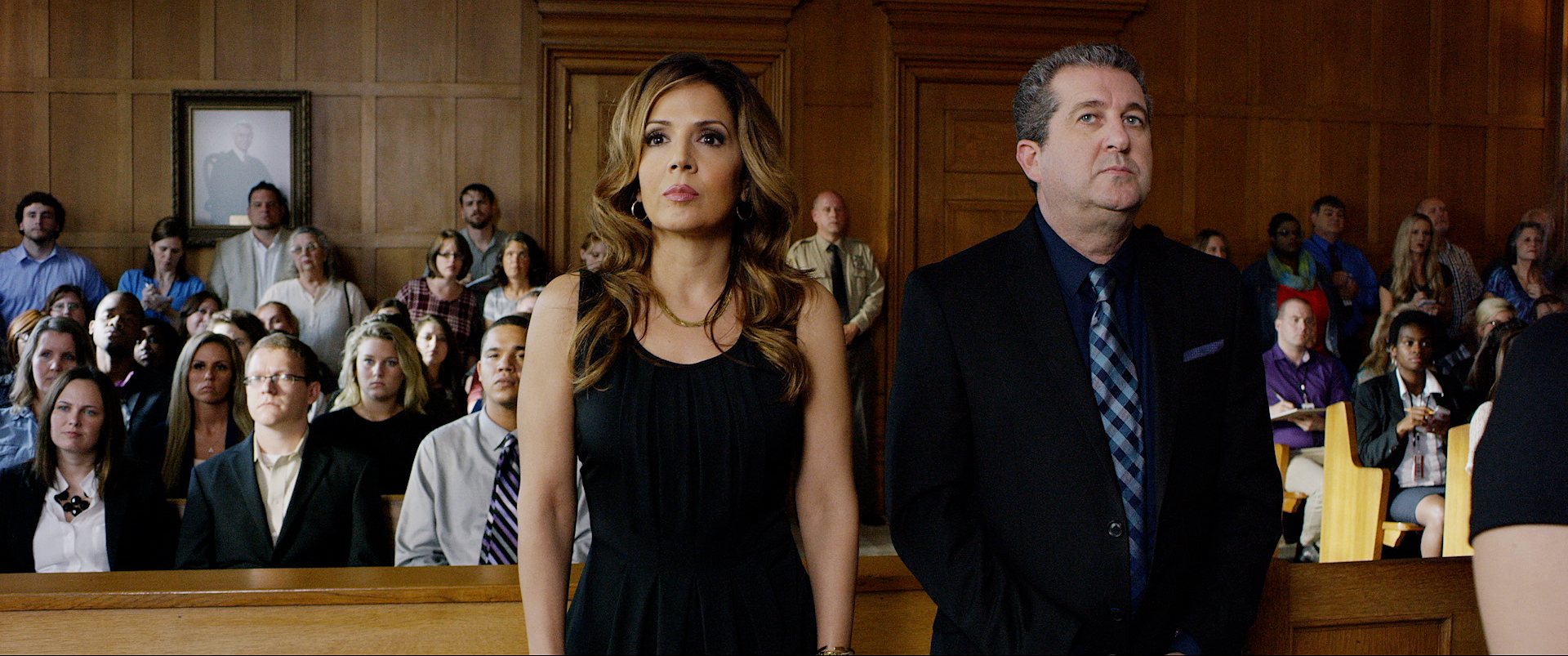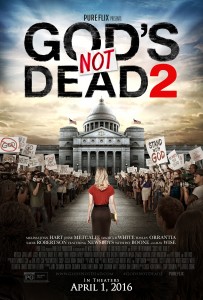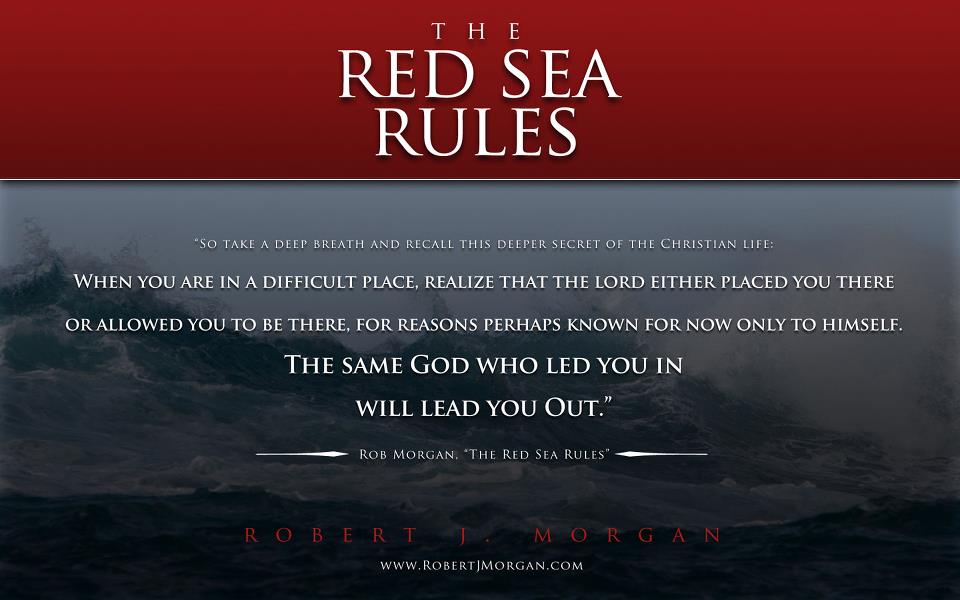
by Karen Kinnaird | May 20, 2016
Our teens are in desperate need of prayer. What a crazy world they live in. Conflicting messages, over exposure and temptations abound.
What’s the best way to help them navigate through these turbulent years? Prayer. More specifically, prayer by you, their parents. Here is help.
 Mark Gregston has hit the nail on the head with yet another valuable resource for parents of teens. Published in 2015 by Heartlight Ministries Foundation, Prayers For My Teen is a short, easy-to-read resource for parents seeking to raise their teens in an out-of-control confusing culture. Gleaning from decades of ministry to teens and parents, Gregston masterfully takes the thoughts and emotions of parents and weaves them into words and prayers.
Mark Gregston has hit the nail on the head with yet another valuable resource for parents of teens. Published in 2015 by Heartlight Ministries Foundation, Prayers For My Teen is a short, easy-to-read resource for parents seeking to raise their teens in an out-of-control confusing culture. Gleaning from decades of ministry to teens and parents, Gregston masterfully takes the thoughts and emotions of parents and weaves them into words and prayers.
Gregston, who has Oklahoma roots, enjoys referring to himself as the Oklahoma Bible Quiz Champ of 1969. But more importantly, Gregston has become an authority on today’s culture and the issues facing adolescents. As founder of Heartlight Ministries, he and his wife have served families and counseled youth for more than 40 years. Gregston runs one of the finest residential counseling services for struggling teens and has a gift for communication. He has written 12 books and ministers weekly on the nationally acclaimed radio program, “Parenting Today’s Teens.”
Prayers For My Teen offers one-page prayers based on various topics related to parenting and teen issues. A Scripture verse is offered at the beginning for reflection, followed by a short personalized prayer. Topics include the tongue, boundaries, smothering, understanding behavior, offering encouragement and forgiveness.
He writes, “Prayer brings hope to my hopelessness and calms my anxiety when I need a reminder that I am not alone. Prayer reassures me that my confusion does not deter His plan. It calls me to look for the bigger picture, to embrace a larger view of what’s happening, and to search for deeper meaning in the struggles and for purpose in the pleasures.”
The book is valuable to any parent, but those struggling within the framework of crisis will benefit most. Easy-to-skim topics are listed in the contents, making the book a handy resource to grab in times of need. Gregston’s wisdom and compassion show through the prayers and put words to the hearts of parents who cannot grasp their own.
Don’t let a crisis or lack of a plan immobilize your prayer-life for your teen. If your prayer life needs structure, if you are desperate for God’s intervention, or if you need help expressing yourself, Prayers For My Teen is the book for you.

by Karen Kinnaird | Mar 30, 2016
If you enjoyed “God’s Not Dead,” you are sure to enjoy the highly-anticipated sequel “God’s Not Dead 2” by Pure Flix Entertainment. Although “God’s Not Dead” had mixed reviews, it had a huge impact, and the numbers don’t lie. The film grossed more than $60 million on a $2 million budget. Released in both English and Spanish, the film features an all-star cast including Melissa Joan Hart, Jesse Metcalfe, David A.R. White, Sadie Robertson, Pat Boone and the late Fred Thompson. Cameo appearances are made by the Newsboys, Mike Huckabee, Lee Strobel and J. Warner Wallace.
Plot Summary
In “God’s Not Dead” the question, “Is there really a God?” was answered in the college classroom. In “God’s Not Dead 2”, the setting moves to the public school and courtroom. The question progresses to, “Who is Jesus?” Beloved Christian high school history teacher, Grace Wesley is asked an honest question about Jesus’ actions and teachings within the framework of the day’s lesson. When Wesley’s response includes a passage of Scripture, she quickly finds herself in trouble with the principal, superintendent, disgruntled parents and a civil liberties group. The result is an epic court case that could cost her the career she loves and expel God from the classroom. Wesley chooses to stand for faith even if it costs her everything.
Positive Elements
The film accurately portrays what Christians feel is a growing trend in America – the exclusion of the Christian faith from public life. Filmmakers note that the story is inspired by real legal cases. Actual cases are listed at the end of the film. The courtroom scenes and defense which included expert witnesses Lee Strobel and J. Warner Wallace testifying to the existence of Jesus were outstanding. While some new characters were introduced in the film, the story lines of some beloved characters from “God’s Not Dead” continued and were delightfully received by the audience. Connections between the characters were revealed throughout the movie rather than at the end. The movie was humorous, entertaining and inspiring and will cause moviegoers to question how much they would risk to stand up for their beliefs.
Negative Elements
The movie portrays general hostility to Christianity and Christian principles. While this is not true in every community in our country, it is true that many Christians have seen aspects of this attack on their faith and on them as believers. The cast is a little cluttered with limited time devoted to develop all the characters. It is a bit predictable and a little “cheesy” at times.
MPAA Rating PG
Other Resources
Filmmakers are encouraging believers to reach out to the community with this film. Additional resources to accompany the movie can be found at www.GODSNOTDEAD.COM and include:
- Man Myth Messiah by Rice Broocks – a book proving the evidence of Jesus and follow-up to the book God’s Not Dead
- Stand With God by Robert Noland – a 40-day devotional challenging readers to stand with God
- God’s Not Dead 2 by Travis Thrasher– a novel telling more about the story in the film and gives fans updates on their favorite characters
- God’s Not Dead 2 Church Kit – a four-week group study and sermon series incorporating Scripture and video clips from the film. This is designed to challenge people to discover what they truly believe and give them a firm foundation to defend their faith.
Overall
I highly recommend the movie. It is a powerful call to action for Christians to stand up for their beliefs without compromise, while being respectful of those who oppose. One local pastor said it well when he stated, “The movie reminds us that we must stand for Christ and let God be the One who protects our reputation.”
Rating: 3 stars out of 4
Spoiler Alert!
Be sure to stay through the credits to see the trailer for “God’s Not Dead 3”. This film will address an issue near to every pastor’s heart – his sermon notes.

by Karen Kinnaird | Mar 23, 2016
Moviegoers’ reactions are divided over the new film “The Young Messiah.” Released by Focus Features, “The Young Messiah” is a work of fiction adapted from the 2005 best-selling novel Christ the Lord: Out of Egypt by Anne Rice. Rice, who has had an on-again, off-again relationship with Christianity, is perhaps best known for her series of novels The Vampire Chronicles. The film is directed by Cyrus Nowrasteh.
Plot Summary
The movie imagines one year in the life of Jesus at age 7. Beginning in Matthew 2, as a result of Joseph’s dream and an event in which Jesus was bullied, the family departs Egypt and returns to their homeland in Nazareth. Jesus performs several miracles, including restoring life to a dead bird, raising a boy from the dead and restoring sight to a blind priest. Herod Antipas is suspicious of the boy, sees Him as a threat and seeks to have Him killed. While the boy Jesus acknowledges that He is different, He is plagued by Satan and searches to understand His true identity.
Positive Elements
The movie was well done. The acting was good. It was not cheesy or predictable. The sets were impressive, and the scenery was beautiful. The characters were well- developed and believable. While the biblical accounts can be debated, I found nothing to be out of character for Jesus. Mentally, emotionally and physically, Jesus was a child, but He showed spiritual understanding and maturity. He was inquisitive, compassionate and courageous. As parents, a very protective Mary and wise Joseph sought to protect His innocence and struggled to balance His childhood with His deity. Joseph states, “How do you explain God to His Own Son?”
Negative Elements
In an interview with Fox, Director Cyrus Nowrasteh insists there are no biblical contradictions, but I found several. In one scene, we see Mary and Jesus (who had a British accent) having a conversation regarding the events of Jesus’ birth. Mary says “a light” spoke to her, when it actually was the angel Gabriel. In the movie, Jesus performed several miracles, but John 2:11 states that turning water into wine at the wedding in Cana was his first miraculous sign. Whether sign or miracle, I understand this is up for debate. The character of Satan was a little weird, perhaps looking like he should be in the rock band KISS. At least he didn’t look like Barack Obama.
One of the main scenes depicts the only story of Jesus’ boyhood that we do know—that of the account of the annual journey to Jerusalem for the Feast of the Passover when Jesus was not 7 years old, but 12. In the Bible, Jesus is separated from his parents on their return trip home only to be found three days later in the temple—His Father’s house—sitting among the teachers, listening to them and asking questions. The movie shows Jesus, in a quest for answers to His questions, leaving camp in the middle of the night and running on ahead to Jerusalem alone. There, He has a brief conversation with the rabbi, learns the whole story of His birth, and heals the rabbi of his blindness. After facing the Centurion assigned to kill Him, He is graciously allowed to slip away and return home with His parents.
The movie has Roman Catholic influence. Rice leaned heavily on Roman Catholic tradition concerning Jesus’ early life, and that is reflected in the film. For instance, Jesus is portrayed as an only child and James as His older cousin. There are many biblical references to Jesus’ brothers and sisters, and He most likely would have had at least one sibling by the age of 7.
MPAA Rating
PG-13 for violence. No inappropriate language. Some subtle sexual references.
Overall
The Bible gives very little information about Jesus’ formative years. This movie has raised many questions regarding if Jesus knew that He was the Son of God as a boy. Biblically, we do not have a clear answer on that. The film takes many liberties with content but after all, it is a work of fiction.
Admittedly, I went into the movie with low expectations, but I enjoyed it. As a follower of Jesus and student of the Bible, the viewpoints of Jesus’ childhood were interesting to me. On the other hand, fictionalizing the Gospel, especially the life of the Son of God, Himself, can lead to confusion. We cannot allow fictional events and ideas to influence biblical truth. We should guard against forming concepts of Jesus that may not be true. Movies like “The Young Messiah” and so many others should drive us to our Bibles to discern fact from fiction.
Rating
2 stars out of 4

by Karen Kinnaird | Mar 16, 2016
The same God who led you in will lead you out. The Red Sea Rules by Robert J. Morgan is a small but powerful jewel of a book offering 10 principles for facing difficult times. Published by Thomas Nelson originally in 2001, over 300,000 copies have been sold. Regardless of the type of seemingly impossible situation, the book offers hope, encouragement and step-by-step godly advice.
In Exodus 14, the Israelites found themselves in a crisis – trapped between the pursuing Egyptian army and the uncrossable Red Sea. We sometimes we find ourselves trapped as well by life’s difficult situations. Using this dramatic account in Exodus, Morgan attempts to show that if you allow Him, the same God who led you in will lead you out.
In addition to The Red Sea Rules which has study questions in the back of the book, a small group study has been developed called Crisis 101. This 10 week study incorporates the material from The Red Sea Rules in an easy to lead format with video teaching from Robert J. Morgan, real life testimonies, discussion questions and brief homework assignments.
My church is currently offering this as a class in our Discipleship program. The enrollment was double what we anticipated. The material is helping those going through a crisis and training everyone to minister to others.
In Exodus 14, God had His people exactly where He wanted them. Trapped between a rock and a hard place, He taught them a lesson in trust. While their enemy pursued, they looked to Him and cried out. God provided a way out of the impossible. In a dramatic but unique way He led them one step at a time to their deliverance.
In The Red Sea Rules, Morgan devotes a chapter to each rule:
Realize that God means for you to be where you are.
Be reminded that the Lord places or allows us to be in difficult situations.
Be more concerned for God’s glory than for your relief.
Morgan states, “God doesn’t waste suffering.” Our perspective completely changes when we change our question from, “How can I get out of this mess?” to “How can God be glorified in this situation?”
Acknowledge your enemy, but keep your eyes on the Lord.
To some degree Satan will pursue us during a crisis. While we must learn how to recognize his activity, our focus must be on Christ as we follow Him to lead us out of the crisis.
Pray!
This is crisis-prayer – intense and urgent. As we seek God, He helps us to stay strong and even-tempered.
Stay calm and confident, and give God time to work.
We show maturity when we keep our emotions under control, don’t panic and wait for God to work out His perfect plan.
When unsure just take the next logical step by faith.
Morgan encourages us to trust God for guidance. Even though we can’t see the end of the road, we can take one step forward.
Envision God’s enveloping presence.
God’s presence is with us regardless of the crisis. He promises.
Trust God to deliver in His own unique way.
God delivers but not necessarily in the way we think He will. Morgan states that it is sometimes miraculous, sometimes providential and sometimes mysterious.
View your current crisis as a faith builder for the future.
Allow God to build your faith in order to better handle future crises and to help others.
Don’t forget to praise Him.
The natural reaction to what God has done and is doing in our lives is to praise Him!
Apply these strategies to your own life and watch how God will deliver you, too.

by Karen Kinnaird | Feb 24, 2016
Complain, complain, complain. I get so sick of it. Truth is, sometimes I get sick of hearing it come out of my own mouth. Back in 2007, Reverend Will Bowen of Kansas City decided there was too much complaining. He asked his congregation to take a 21-day pledge to stop complaining, criticizing, gossiping or using sarcasm. People were given a purple wristband as a reminder of their pledge. If they caught themselves complaining, they took off the bracelet, switched it to the opposite wrist and started counting the days from scratch. The campaign become a movement and had immediate and long-term effects.
I know we shouldn’t ignore problems. There is a place to discuss our problems, concerns and stresses in a healthy context in order to deal with them effectively. What I am referring to here is chronic, habitual complaining.
One of the groups most notoriously known for their complaining is the Israelites. Recorded in the book of Numbers, they complained about:
- Their hardships
- Their food and drink
- The place where God placed them
- Their leaders
- God’s plan for their lives
Behind these complaints lie the sins of:
- Complaining to others instead of going to God
- Lusting after things they didn’t have and refusing to believe God would provide
- Rebelling against God’s chosen leaders
- Displaying greed for power and authority
- Blaming others for their own troubles and failing to recognize their problems were brought on by their own disobedience
- Failing to trust God
What about us?
Complaining is contagious. It influences the minds and well-being of those we love by spreading negativity. It raises doubt and suspicion towards people. It causes people to question God when we are called to build their faith. It fuels thoughts of entitlement. Chronic complaining causes us to focus on the negative. It drains energy level and productivity. It makes our lives miserable.
How can we break the habit?
- Pay attention to your words. Ask God to show you when you are complaining and accept responsibility. If there is a need to make a change, do something about it.
- Change the way you think. We’re not going to control what comes out of our mouth if we don’t control what’s in our thoughts and heart. Proverbs 23 states, “Above all else guard your heart, for everything you do flows from it. Keep your mouth free of perversity; keep corrupt talk far from your lips.”
- Keep your perspective by keeping a list of things you are grateful for. At the end of each day, write down three things you are thankful for or three good things that happened that day. The key is to them write down.
In reading Numbers, we see that God dealt swiftly and severely with these sins. What if God dealt with us the way He did with the Israelites? Maybe He will.
Eph. 4:29 – “Do not let any unwholesome talk come out of your mouths, but only what is helpful for building others up according to their needs, that it may benefit those who may listen.”

 Mark Gregston has hit the nail on the head with yet another valuable resource for parents of teens. Published in 2015 by Heartlight Ministries Foundation, Prayers For My Teen is a short, easy-to-read resource for parents seeking to raise their teens in an out-of-control confusing culture. Gleaning from decades of ministry to teens and parents, Gregston masterfully takes the thoughts and emotions of parents and weaves them into words and prayers.
Mark Gregston has hit the nail on the head with yet another valuable resource for parents of teens. Published in 2015 by Heartlight Ministries Foundation, Prayers For My Teen is a short, easy-to-read resource for parents seeking to raise their teens in an out-of-control confusing culture. Gleaning from decades of ministry to teens and parents, Gregston masterfully takes the thoughts and emotions of parents and weaves them into words and prayers.



